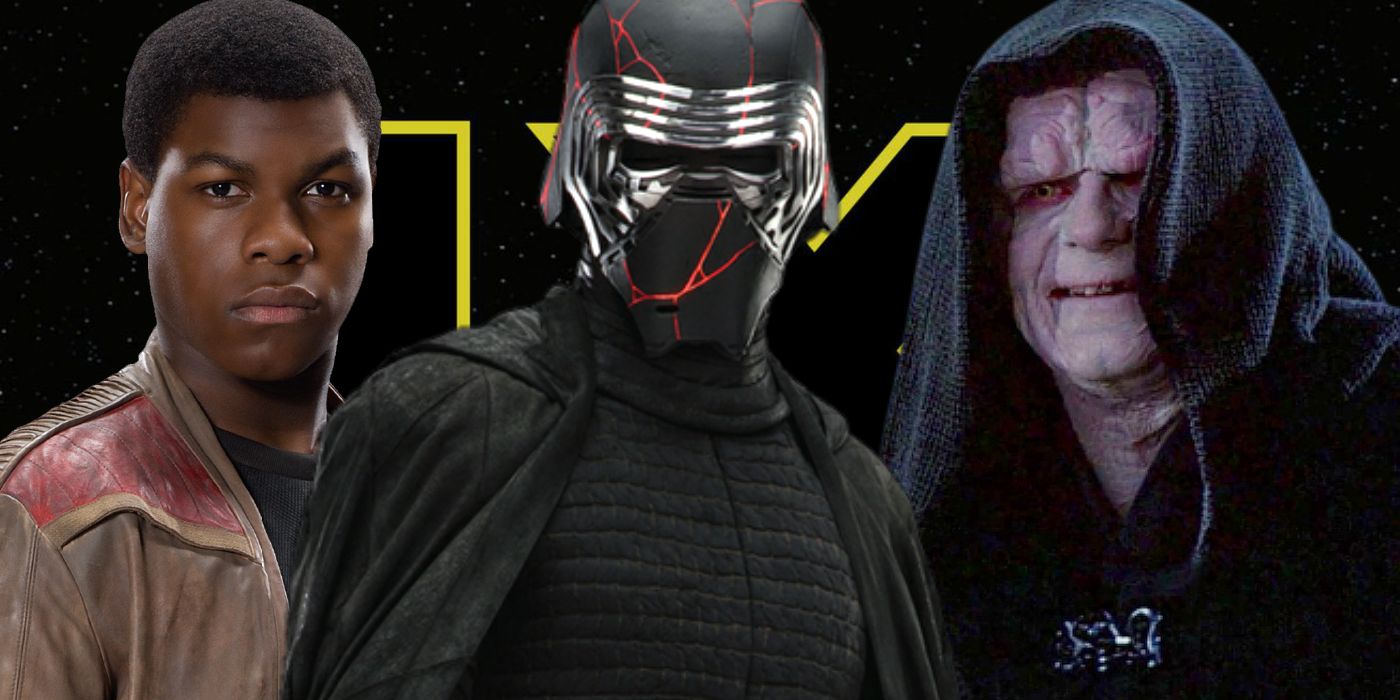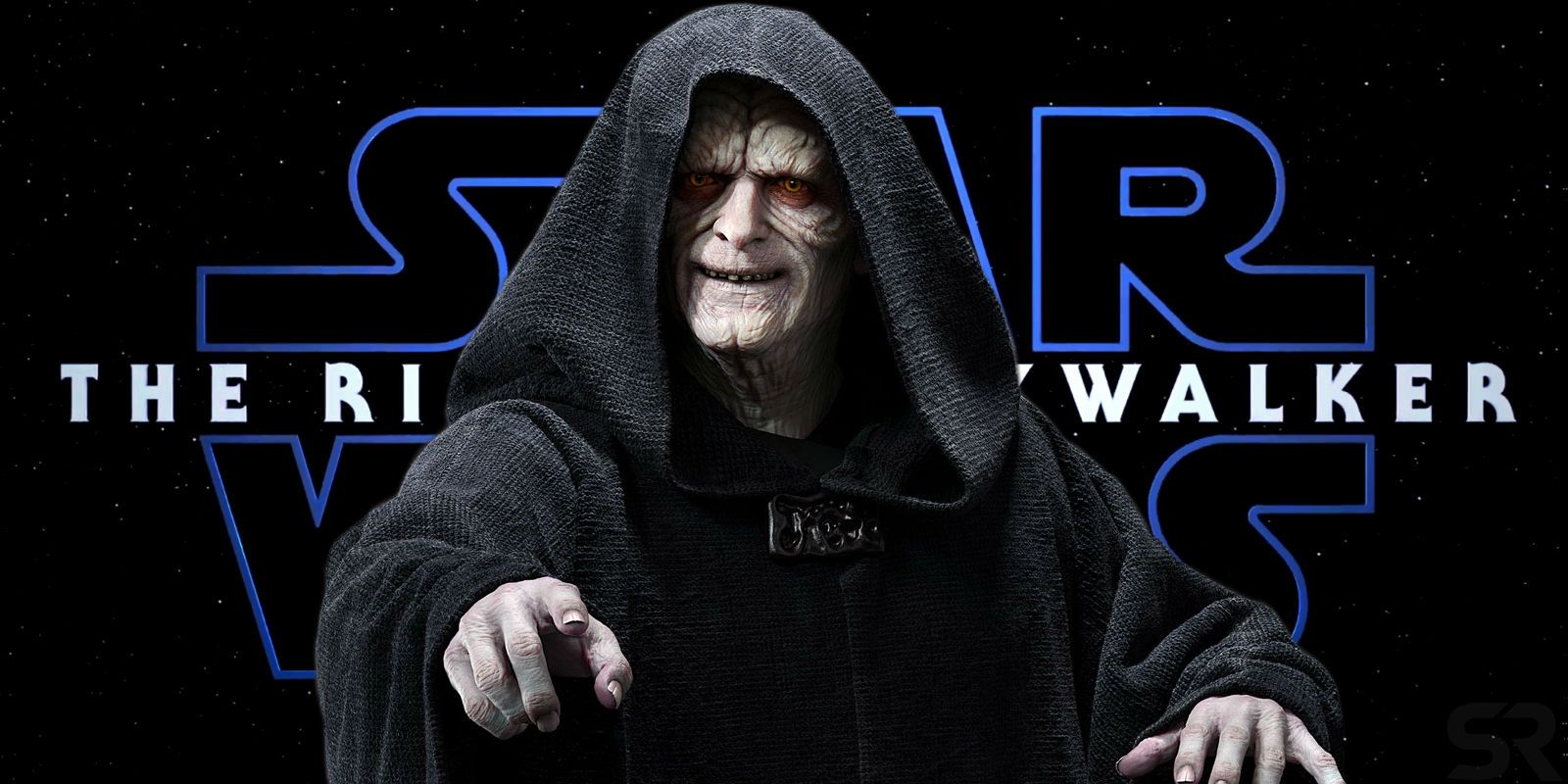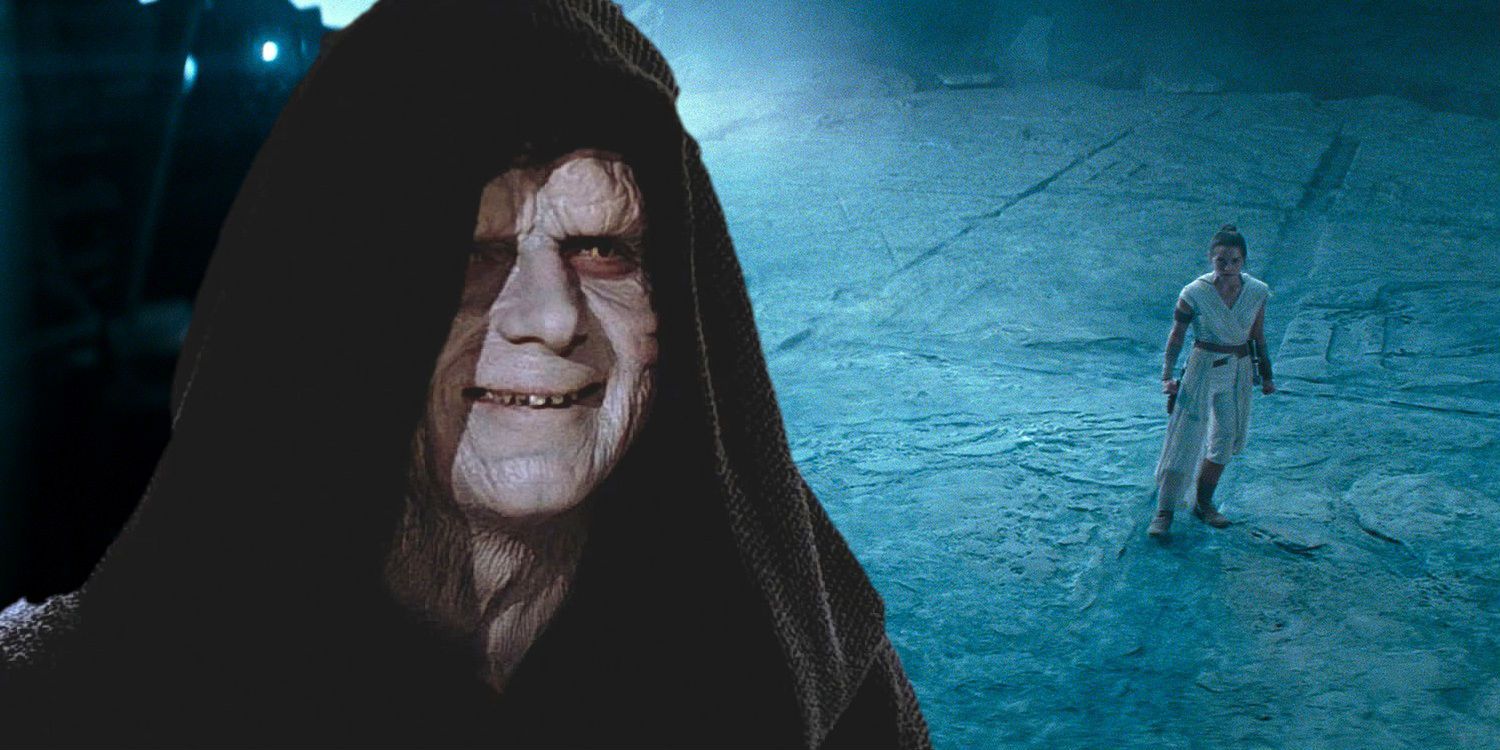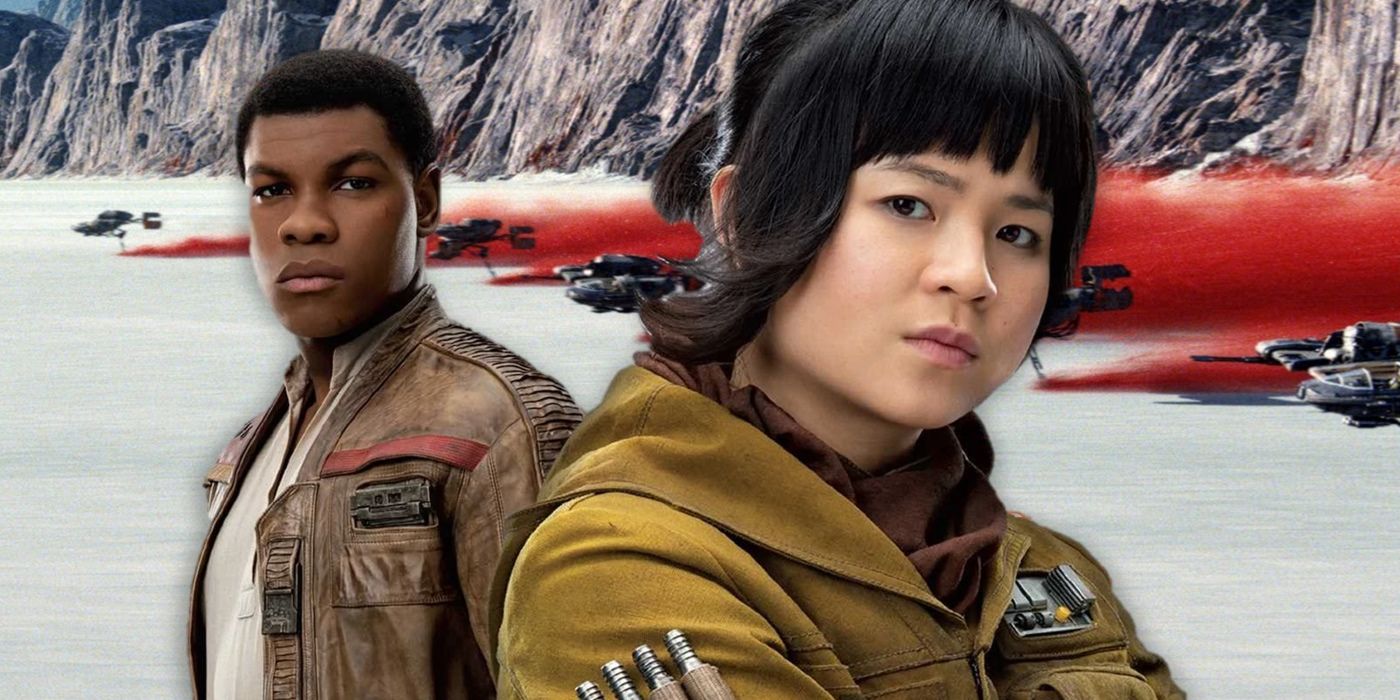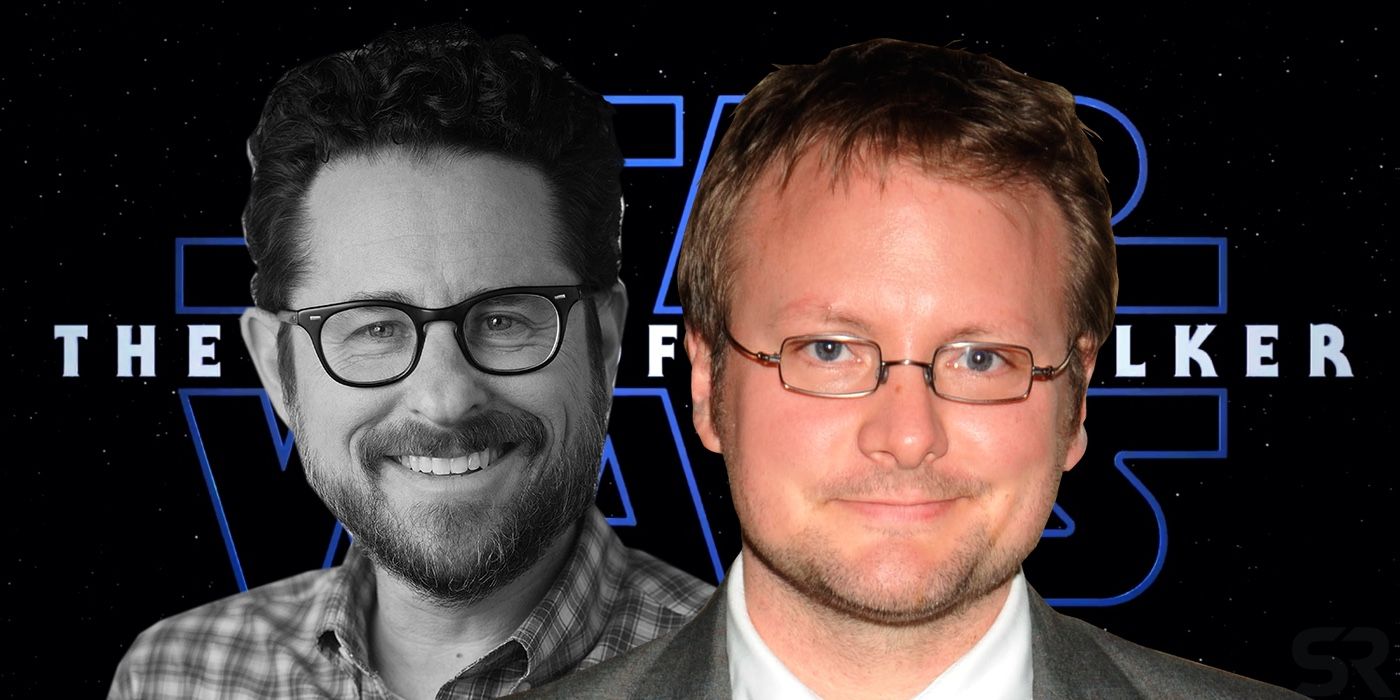Colin Trevorrow's original Star Wars 9 script shows how little plan Lucasfilm had when putting together the sequel trilogy. To be fair, making things up as it goes along is Star Wars tradition. Initially, Darth Vader and Anakin Skywalker were two different people and Leia was not Luke's sister. George Lucas didn't have the entire original trilogy fans know today completely mapped out when he made the first movie; in fact, he wasn't even sure he'd get an opportunity to make sequels. All that's to say, there's no singular "right" way to put together a film series. Marvel's found great success planning things out and building towards Avengers: Endgame, while Lucas went another route.
The Star Wars sequel trilogy attempted to recapture that old Lucas spirit, giving its directors creative leeway to tell the stories they wanted. During the build-up to The Last Jedi, Rian Johnson remarked how pleasantly surprised he was that he didn't have to follow a preordained narrative laid out before him; he just had to follow The Force Awakens and could take the trilogy down any path he saw fit. There's something refreshing about a massive Hollywood studio granting a filmmaker that level of freedom on a $317 million tentpole, but it probably would have made sense to have some semblance of a generalized plan ahead of time so the three movies worked to tell a cohesive story that flowed organically.
Recently, Trevorrow's version of Star Wars 9, titled Duel of the Fates, was revealed. As one might expect, there are several notable differences between it and The Rise of Skywalker, which is what Star Wars 9 became after J.J. Abrams took over as the project's director. The details, interesting to sift through, highlight just how little of a plan Lucasfilm had on the sequel trilogy.
Palpatine's Return Wasn't Planned All Along
The Rise of Skywalker featured the surprising return of Emperor Palpatine, but Duel of the Fates would have not. Trevorrow admitted as such in December 2019, saying he "never considered" having the classic villain come back to the fold. He credited Abrams with coming up with the idea, which made Palpatine the thread that tied all three trilogies of the saga together. What's fishy is Kathleen Kennedy claiming Palpatine was part of the sequel plan all along; exact specifics weren't ironed out from the jump, but they knew that's where they wanted to go. If that was the case, odds are Trevorrow would have incorporated Palpatine into his script. Johnson might have even included a clear tease in Last Jedi.
In Duel of the Fates, Palpatine was apparently mentioned by name, but didn't have an actual role in the story like he does in Rise of Skywalker. That's more in-line with the previous two sequel films, which did very little (if anything) to establish Palpatine was the one pulling the strings from the shadows. The Emperor's comeback in Rise of Skywalker felt rather sudden (despite Abrams' best attempts to retcon things) and suffered from a lack of development in the other movies. Instead of being the big bad the trilogy slowly built up to, Palpatine's re-emergence came out of left field and his connections to Rey and Kylo Ren were not properly fleshed out.
Rey Wasn't Always Going to Be a Palpatine
Fans were speculating about Rey's heritage since before The Force Awakens came out, and The Last Jedi seemingly provided the answers. According to that film, her parents were two nameless drunks that sold her for drinking money. It was the hardest thing Rey (who basically spent her entire life waiting for her family to return to Jakku) could have heard at that moment. She was nothing, she came from nothing. The Rise of Skywalker retcons this by revealing Rey is Emperor Palpatine's granddaughter and her parents chose to live as nobodies to protect her. It's one of the more controversial twists in Rise of Skywalker, as some believe it directly clashes with one of The Last Jedi's central themes.
Trevorrow's Star Wars 9 script essentially honors what Johnson did, keeping the "nobody" aspect from Last Jedi intact. Rey is not Palpatine's granddaughter in Duel of the Fates, and it doesn't sound like she was a biological descendant of another classic bloodline, like Skywalker or Kenobi. Trevorrow did add to the backstory of Rey's parents by revealing Kylo Ren killed them, but what he did fits better with Last Jedi. Much like Palpatine's return to the saga, Rey's familial connection to the Emperor in The Rise of Skywalker came across as rushed due to a lack of clear setup. It felt like Abrams was toying with "Rey Palpatine" when he made The Force Awakens, but left it open-ended and then tried to force things when he was asked back for the third film.
Other Characters Initially Had Very Different Star Wars 9 Arcs
Rey and Palpatine weren't the only ones who fared differently in Duel of the Fates. With no Emperor to serve as the main antagonist, Kylo Ren was the movie's big bad. Building off The Last Jedi's hints that he had reached the point of no return (remember, Kylo swore to destroy Rey and the Resistance), Duel of the Fates found the troubled Force user in a very dark place, battling Darth Vader hallucinations and being haunted by Luke's Force ghost. Rey still believed Ben Solo could be redeemed, but is ultimately proven wrong in their final confrontation and Kylo Ren dies a villain. This starkly contrasts from Kylo's arc in The Rise of Skywalker, where he goes back to the light and sacrifices himself to save Rey.
Duel of the Fates also gave Rose and Finn a proper storyline, as the two went on a mission to Coruscant so they could rally people around the galaxy to the Resistance's cause. Finn even got to lead an army of reformed stormtroopers who defected from the First Order (like himself) in a big, final battle. This, obviously, would have continued to flesh out Finn and Rose's relationship, which was an integral part of The Last Jedi. By Duel of the Fate's end, they're the ones bringing Force-sensitive children (Broom Boy among them) to be trained at Rey's new Jedi academy. That things are so drastically different between the two versions of Star Wars 9 illustrate there wasn't a plan in place for how to continue the characters' trajectories. It's true Duel of the Fates probably would have left some lingering Force Awakens mysteries unresolved (like Snoke's origin), but it might have felt more like a proper Last Jedi sequel.
Star Wars 9 Was A Reaction to The Last Jedi, Not Part of a Plan
Similar to Justice League, The Rise of Skywalker plays as an ill-fated attempt to course-correct a franchise after a divisive entry. By now, most viewers are familiar with the numerous Last Jedi retcons present in the film, many of which feel like reactions to criticisms lobbied against Johnson's movie. Beyond the obvious ones (Rey Palpatine, Rose being sidelined), some took issue with the way Luke was portrayed in his reshot Force ghost scene. While it's true Luke had an arc in Last Jedi and learned the error of his ways, there are elements of his portrayal that don't line up with Last Jedi, such as the X-wing magically working and Luke holding on to Leia's lightsaber out of reverence. It smoothed over the rough edges of Luke's characterization Last Jedi detractors didn't like.
Boxing filmmakers in and limiting their options isn't the answer here. But Lucasfilm could have made a better effort to find a happy medium between the two extremes. Marvel directors like Ryan Coogler and Taika Waititi have publicly discussed the amount of freedom they've had on their projects before, and those movies were still able to fit into the MCU's bigger picture. Having a basic outline and sticking to it is good practice, and would have helped the sequel trilogy in the grand scheme of things. It probably wouldn't have been feasible to map out every last story beat and detail of the entire trilogy during Force Awakens pre-production (you have to be somewhat flexible and let things happen organically), but having a general idea of where things were going early on might have helped the trilogy feel more cohesive (Abrams had some sharp critiques of Last Jedi, suggesting he and Johnson weren't exactly on the same page). Hopefully, for the next wave of films due from 2022-2026, there's a more concrete plan ironed out.

